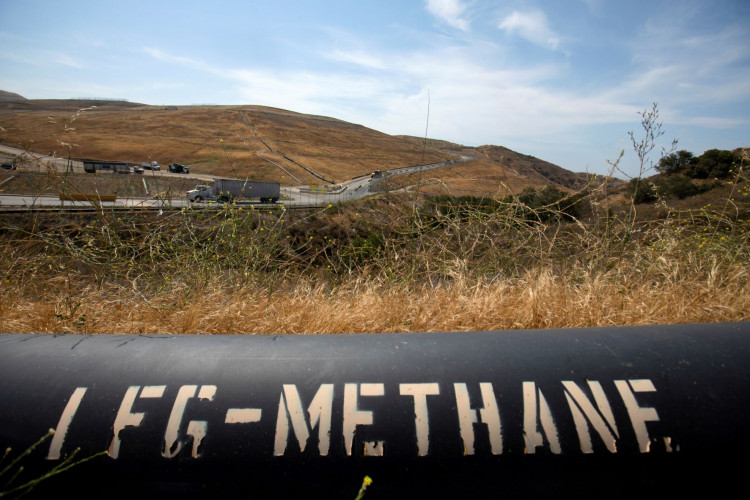The U.S. announced Monday that 32 countries have joined it in making a new pledge to reduce methane emissions as part of a global effort to slow down global warming. The pledge is scheduled to be officially signed by the participating countries during the United Nations climate summit in Glasgow next month.
Methane is a greenhouse gas that is more powerful than carbon dioxide in its short-term effects on the environment. It is released into the atmosphere from landfills, thawing permafrost, and livestock farms. It is also the main component of natural gas.
The new pledge aims to reduce methane emissions by at least 30% by 2030. Apart from the U.S., other countries that have committed to join the pledge include Canada, the EU, Mexico, Argentina, Nigeria, Indonesia, and Pakistan. The four heaviest emitters of methane, China, Russia, India, and Brazil, have not joined the pledge.
Climate scientists say global warming is already threatening the world's ecosystems. By the end of the century, they warn, rising temperatures could cause more devastating events such as heatwaves, storms, crop failures, droughts, and major ecosystem collapse.
Methane emissions contributed to about half of the rise in global temperature, according to a study released on Monday. Methane has a shorter lifespan compared to carbon dioxide but it warms the atmosphere 80 times faster.
Scientists estimate that methane contributed about half of the recent rise in global temperatures. The Biden administration said that if the nations succeed in fulfilling their pledge, we may be able to shave 0.2 degrees Celsius off the atmosphere's temperature by 2050.
The Environmental Defense Fund's Fred Krupp said that curbing methane pollution could help avoid a variety of climate risks, such as wildfires and rising sea levels.
Methane is not a "get-out-of-jail-free card" and must be part of efforts to reduce greenhouse gas emissions, the head of the UN's environment program said on Tuesday.
Technology is already in place to cut methane emissions from oil and gas production by 75 percent by 2030.
Currently, the US regulates the release of methane from new oil and gas wells. In the future, regulators plan to issue new measures covering existing wells. The Biden administration announced that 20 private foundations have committed $223 million to support the methane pledge.





